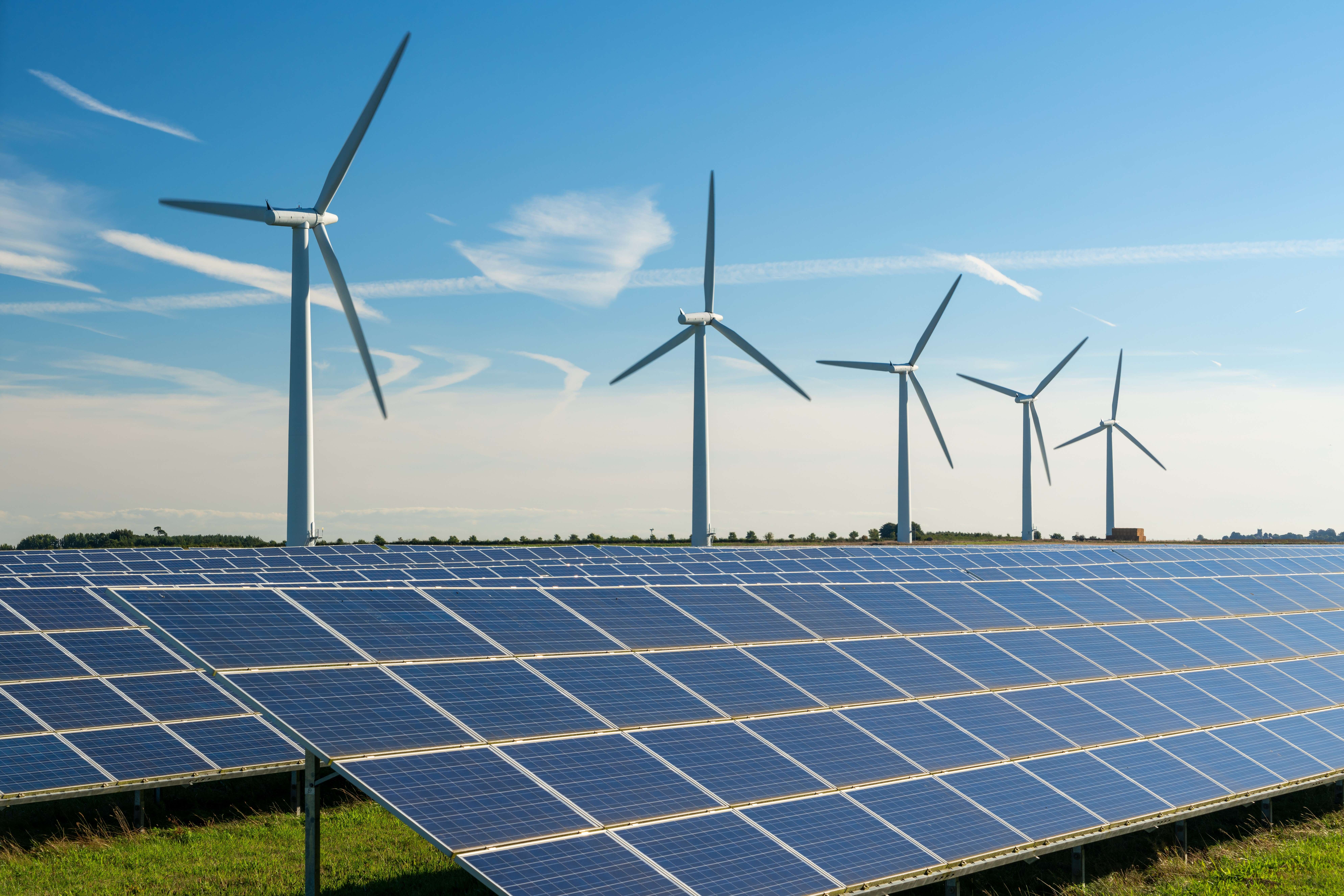
Getting a good deal on Net Zero reveals that even if current challenging economic conditions continue, committing to a balanced mix of policies focused on the transport, buildings and power sectors will benefit the majority of households, as well as the UK economy.
Around 80–87% of low-carbon investments – like heat pumps and EVs – will reduce overall costs to consumers over the technologies’ lifetimes, relative to continued reliance on fossil fuel technologies like gas boilers, the authors say. And a “well-coordinated” household sector transition – with heat pumps and electric vehicles – could deliver net savings of up to £380 a year for households with one car and a heatpump.
In a separate analysis in the brief, the authors show that the total economy wide investment (from public and private sectors, and households) needed to 2030 is around 25% more than would be made under existing policies – approximately £30 – 40bn a year. However, adopting net zero technologies will save ~£12-15bn a year because they have lower operating costs – an important factor that is missing from other analyses. This brings the total annual investment needed to 2030 down to £18-25bn.
Dr Anupama Sen, co-author and Head of Policy Engagement at the Smith School of Enterprise and the Environment, University of Oxford, comments:
‘The total amount of annual investment needed from the public and private sectors is around 0.7–1% of GDP, this equates to £5-£7 a week – the cost of two cups of coffee – per person per year, while vulnerable households could be protected from any additional costs at all. In contrast, the cost of inaction, which an LSE study estimated at 1.1% of GDP in 2022 and 3.3% of GDP by 2050, will continue to rise’.
Investments to deliver net zero could create approximately 250,000 full-time equivalent jobs by 2030. These include 150,000 ‘direct jobs’ and a further 100,000 ‘indirect’ jobs in the construction, installation and operation of new technologies, as well as jobs further up the UK supply chain such as manufacturing.
At least 4 out of 5 low-carbon investments are cost-reducing compared to their fossil fuel equivalents. ‘A focus on only the initial costs of adoption denies households and businesses significant savings that low-carbon technologies offer, for example when a household has to replace an ageing boiler or vehicle in the coming years as millions of businesses and homes will be doing,’ explains Dr Sen.
Sam Fankhauser, co-author and Professor of Climate Economics at the Smith School of Enterprise and the Environment, University of Oxford, comments:
‘The consistent implementation of climate targets will make the difference between meeting the Paris objectives or condemning the planet to increasingly dangerous climate change. Our evidence shows that high inflation is no barrier to the UK’s 2030 targets, particularly when we consider the savings from the lower running costs of clean technologies like solar and heat pumps. But investment decisions need to be made soon if we are to avoid raising the costs of climate change for both households and the planet, while gaining the benefits of decarbonisation, which include reduced air pollution and improved energy security.’